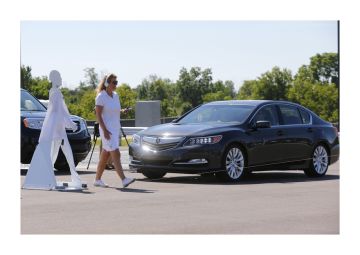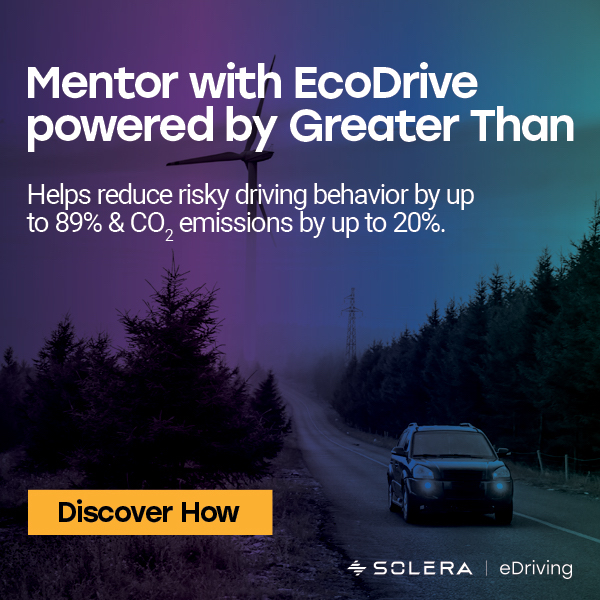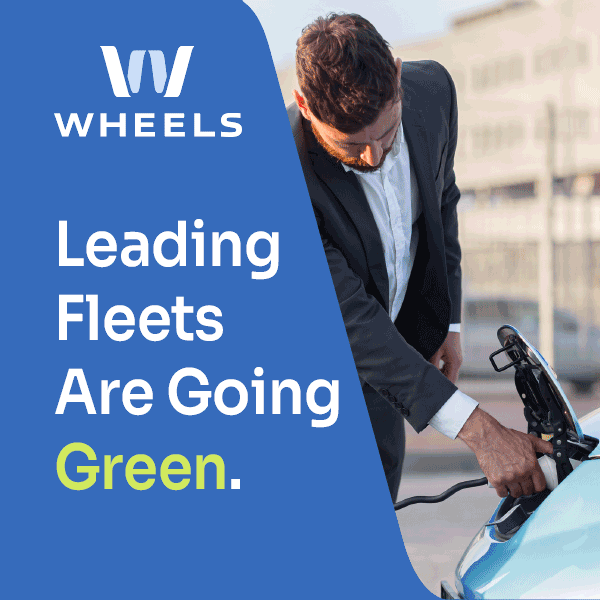
After the Uber crash and the death of a Tesla driver using Autopilot, the self-driving promoters defend their technology with the same set of facts – every year, 40,000 people die on American roads – robot drivers, who don’t get tired, distracted, or drunk, would dramatically reduce that number.
Putting a serious dent in road death numbers would take decades, since robots could have to gradually replace more than a billion vehicles worldwide.
“If the goal is specific, targeted, and it resonates with your customers or important stakeholders, then they buy into it,” says Stephanos Zenios at Stanford’s Center for Entrepreneurial studies, who teaches successful launch techniques at a “Startup Garage” MBA course. “It has to solve a real problem that someone has, and which is a pain for them.”
Read the article at Wired.




